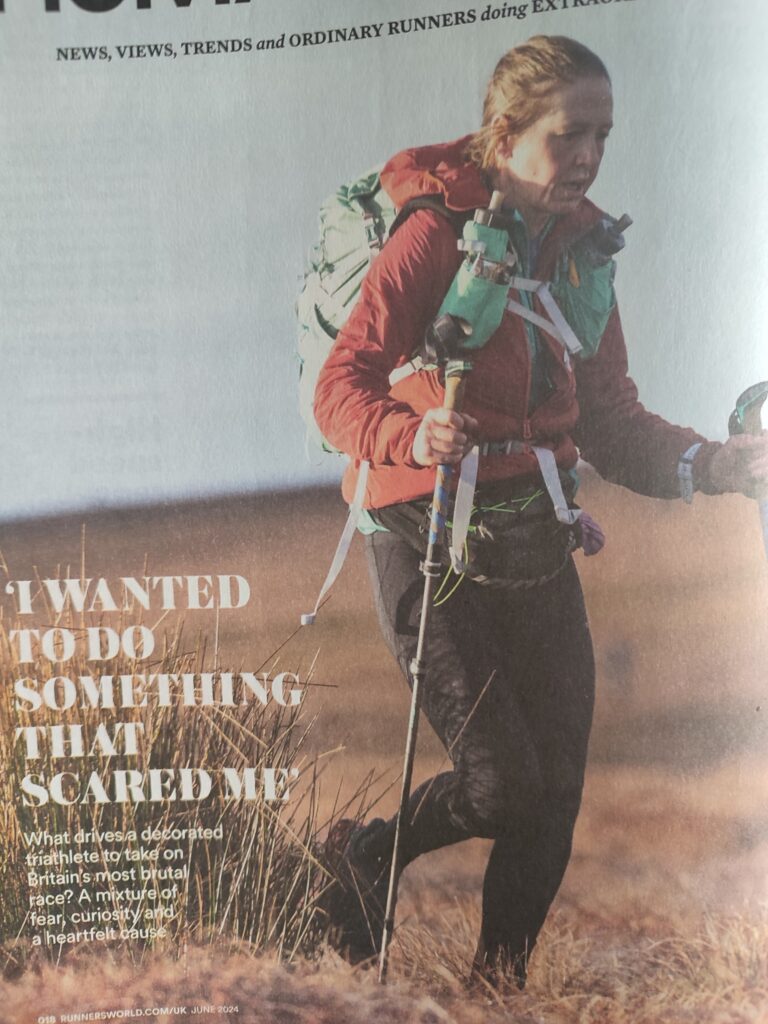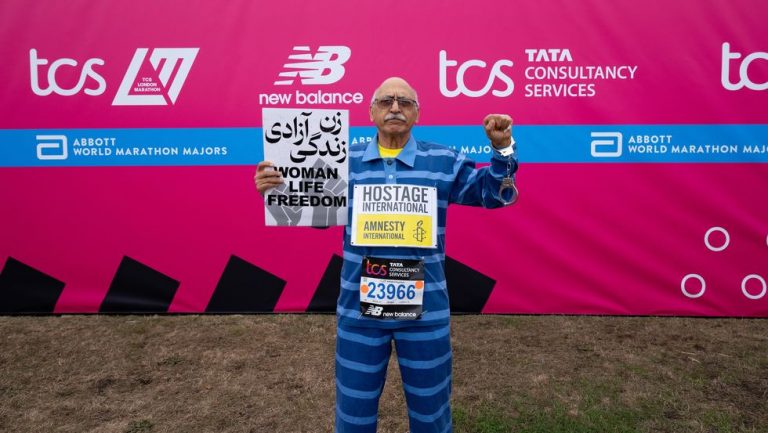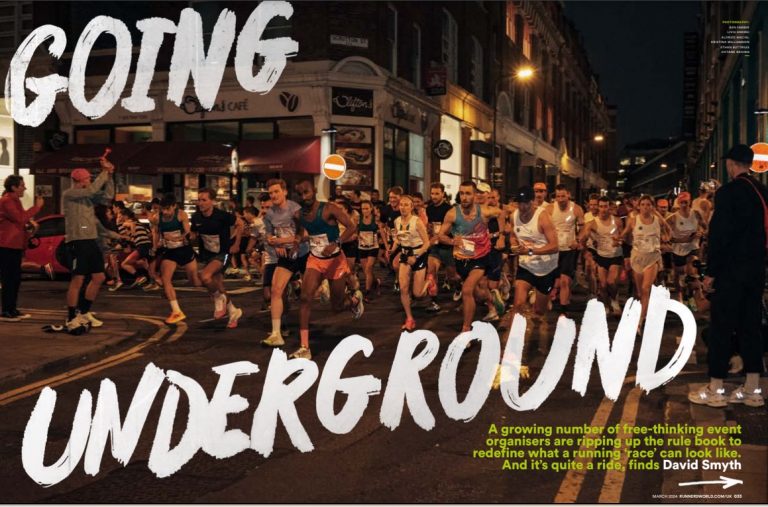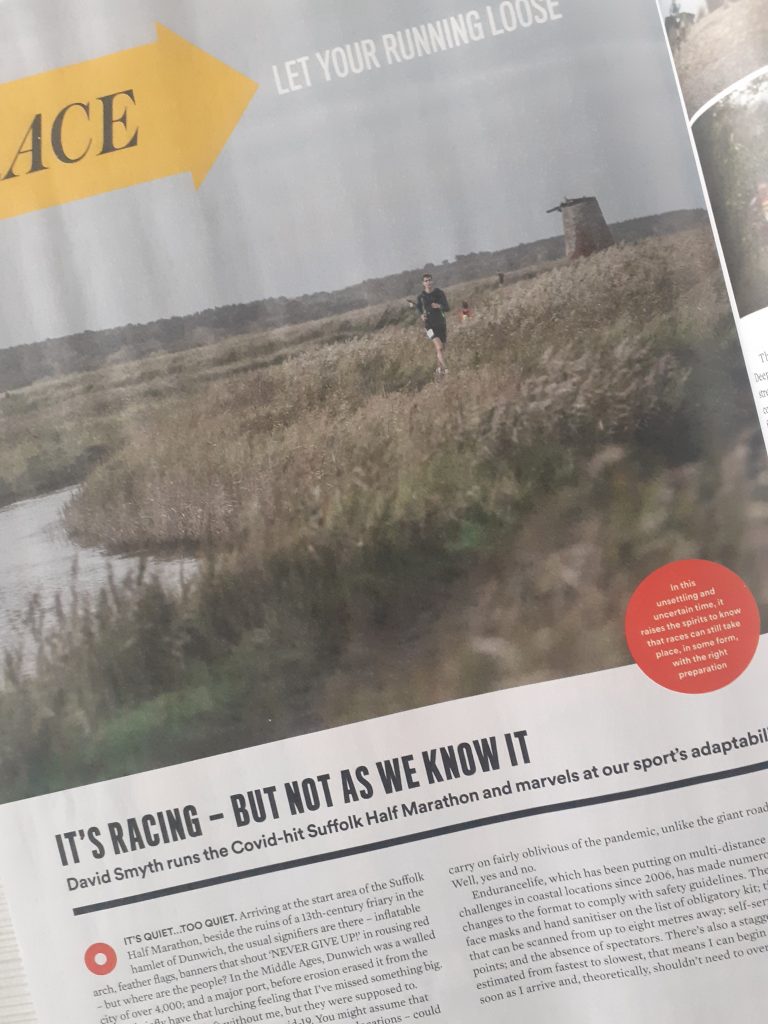ELEANOR DAVIS athlete and Covid-19 doctor – interview, Runner’s World Sept 2020 issue
The British public has been clapping for the NHS rather than its sporting heroes over the past few months. That meant that Olympic marathon hopeful Eleanor Davis was still getting a weekly round of applause at least, but between toeing the elite start line at the London Marathon and fighting COVID-19 as a doctor at Stepping Hill hospital in Stockport, there have been no easy options.

Now in a position to look back on the worst of it, having got over the disappointment of London, and thus her potential qualification for Tokyo, being postponed, the 31-year-old can see that being on the frontline in this crazy year has had one positive side-effect: an even more optimistic outlook on her running life. “It has definitely put a new perspective on things,” she says. “It has made chasing times and results feel a little less significant. It will probably be good going forward, not to feel the same pressure as before.”
Top level runners ought to be used to disappointment. Davis had spent so much time injured in the past that she was nicknamed “Doctor Boot” at work because of her perpetual Aircast footwear. Last year she managed to get PBs at both half and full marathon distances (1:12:44 at Barcelona in February 2019 and 2:33:24 in the Valencia Marathon in December) but in between was laid up with a tibial stress fracture. Ranked the tenth fastest British woman in 2019, at London she was aiming to crack 2:30 and have an outside chance of being one of the three women picked for Team GB’s Tokyo Olympic Marathon team. Then corona came.
“I guess it helped me to get to grips with the race being cancelled, that I’m so used to races being pulled from under my feet,” she says. In any case, there was no time to mope. In her ongoing training to become a GP, she was spending six months on a ward for people with hip fractures at Stepping Hill. The virus began to spread through that ward, and she was quickly asked to work across dedicated coronavirus wards as well. She upped her hours from the 60 per cent she had previously worked, seeing as she no longer needed the extra time for race training.
“It was a bit of a nightmare really, for a while,” she says with some understatement of the period of peak infection. When we speak, things have calmed down considerably. “The pressure is much less. Everything has eased off. In fact at the minute it’s probably the quietest environment I’ve ever worked in,” she thinks. “It’s a mixture of there being less and less COVID cases, the non-elective stuff still not happening, people not coming into A&E for other reasons, and the fact that most doctors aren’t taking annual leave so there are lots of us around.”
At the time of this interview, she somehow still hasn’t caught the virus herself – even more remarkable considering her wife is an A&E consultant at Manchester Royal Infirmary. “Each morning we wake up well is a relief. In the beginning we were really paranoid of any cough we had. You’re just feeling really anxious, waiting for it to happen,” she says. “But over the years I’ve always been conscious of my immune health, because if you get ill it’s a week off training and it might interfere with a race. I’ve built up a good system around me – diet, sleep nutrition – to prevent infection as much as possible. I’m fairly good at looking after myself from that perspective.”
There would have been 12 British women on the elite start line at London in April. To make up in a small way for the race being rescheduled to October, they all took part in a virtual relay that month as part of the 2.6 Challenge, running 2.6 miles each and raising over £3,000 for the mental health charity Mind. Since then, with no imminent races to aim for, Davis has been running with a different outlook, leaving the roads behind to take to the trails of the Peak District.
“When you’re off-road you can’t really measure whether you’re hitting target times. I used to get annoyed when I didn’t hit those times, so to have that pressure removed has been helpful when I’ve had stresses from other angles,” she says. “There’s a huge network of trails at our door, so I’ve just been having fun exploring.”
She’s glad that real-life contact with her coach, Helen Clitheroe, is permitted again. They began meeting at a two-metre distance in May, but the sessions are designed “just to keep the legs ticking over” and Davis runs mostly between home and work, taking longer detours depending on the time available.
In terms of planning, it seems risky to pin hopes on London definitely happening, so she’s considering a pivot towards the World Mountain Running Championships in Lanzarote in November. But as with so much at the moment, “nothing’s guaranteed”.
“You can speculate all day long but you never know what’s going to happen and what will be cancelled at the last minute. I’m just taking it day by day, doing what I can.”
On the upside, it sounds like she’s enjoying her running more than ever and is in great form. Perhaps she’ll even have a better chance at Tokyo 2021 than she would have had at Tokyo 2020.
“I think now I’m just going to enjoy the experience of racing rather than get worked up about it. Having it taken away has made me realise how much I like it,” she says. “It’s my release, and it’s what I do, but perhaps I won’t let it identify me as much as it did.”





